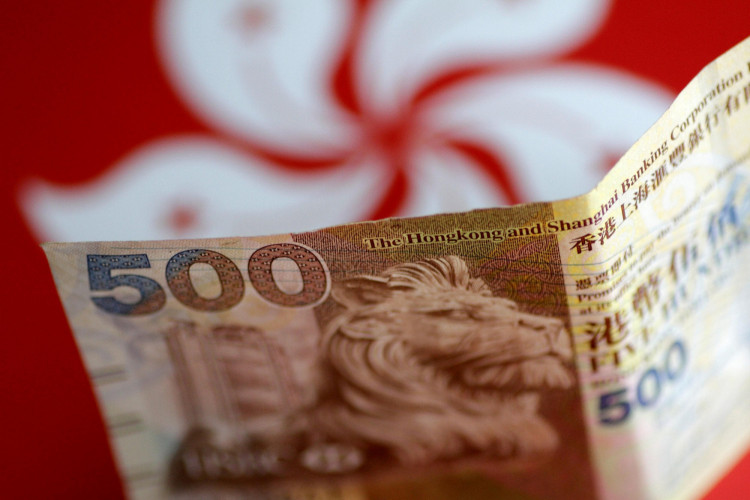New Zealand regulators filed a lawsuit against Hong Kong-based foreign-exchange firm CLSA Premium on Tuesday. Officials had accused the company of money laundering and breaking its terrorism financing laws. The suit was filed against the company's New Zealand unit, formerly known as KVB Kunlun New Zealand.
In its suit, the Financial Markets Authority (FMA) alleged that the foreign exchange firm had failed to properly conduct due diligence on its customers and reporting suspicious transactions to proper authorities. The regulator added that FMA has consistently failed to keep records of its transactions, which made it hard to pinpoint its customers.
FMA general counsel, Nicky Kynoch, mentioned in a press release that the country holds the protection of the country's financial system in high regard, which is why it takes its anti-money laundering laws very seriously. He added that CLSA Premium New Zealand (CLSP NZ) needs to be held accountable for its lapses to send a clear message to other companies in the industry.
According to the FMA, CLSP NZ had conducted illegal transactions between April 2015 and November 2018, with an estimated value of NZ$50 million or roughly $32 million. New Zealand laws penalize each breach at NZ$2 million per transaction. The agency had filed its civil suit against the company with the High Court in Auckland, with the intention of having it order CLSP NZ pay the appropriate penalties and accompanying court costs.
CLSP NZ, which is backed by its majority owner Citic Securities, originally changed its name in 2015. Citic bought a majority stake in the foreign exchange firm for HK$780 million or roughly $100 million in the same year. In its stock exchange filing during that time, the company stated that the rebranding was necessary for it to better reflect that it is now part of following the acquisition. Citic Securities is the parent company of investment bank CLSA.
Last year, CLSA Premium reported an annual loss of HK$180 million, a big drop from the HK$34.2 million profit it reported a year earlier. Revenues for the year also fell to HK$16.1 million; a huge drop from its HK$471.1 million reported revenue in 2018.
Amid the global economic slowdown, CLSA Premium had experienced a massive decline in customers. The company had stated that reduced volatility in the currency markets had also resulted in a slowdown in its business. Last year, CLSA Premium's chief executive and its chief financial officer had stepped down from their positions with the company after a disagreement with its directors.





